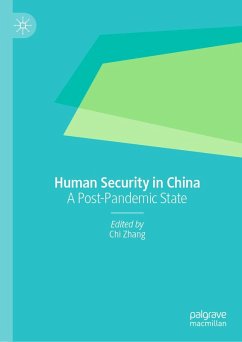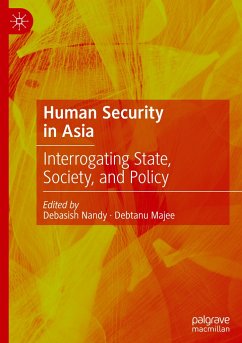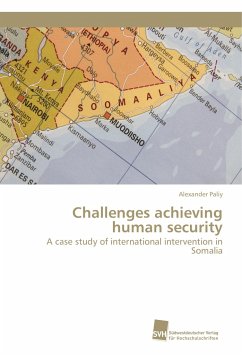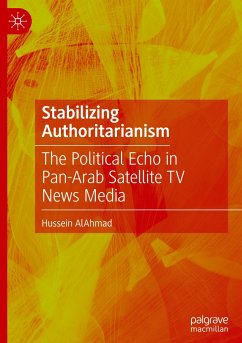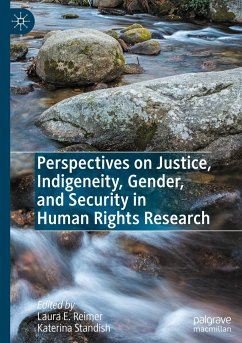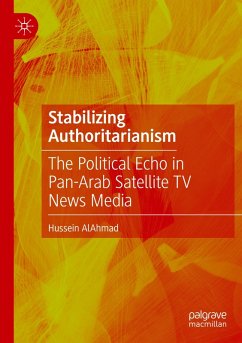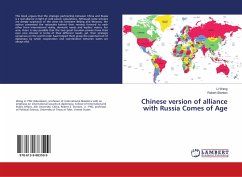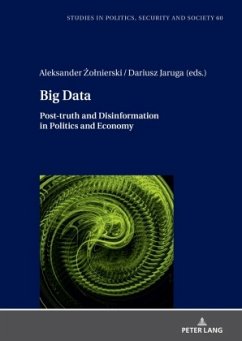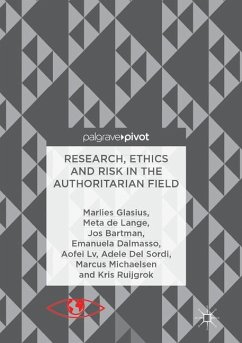
Human Security in China
A Post-Pandemic State
Herausgegeben: Zhang, Chi
Versandkostenfrei!
Versandfertig in 6-10 Tagen
98,99 €
inkl. MwSt.

PAYBACK Punkte
49 °P sammeln!
This book explores the emergent concept of 'human security' within the political context of COVID-19 Chinese politics. For decades, Western nations have used 'human rights' as a rubric with which to scold Chinese leaders, betraying a fundamental unwillingness to accept diversity of governance systems. As COVID-19 has demonstrated, different governance systems yield different outcomes-the freedom of circulation, speech and movement in Western democracies yielding one, and use of surveillance, lockdowns, and private-public collaboration in China and Asian societies such as Korea and Singapore yi...
This book explores the emergent concept of 'human security' within the political context of COVID-19 Chinese politics. For decades, Western nations have used 'human rights' as a rubric with which to scold Chinese leaders, betraying a fundamental unwillingness to accept diversity of governance systems. As COVID-19 has demonstrated, different governance systems yield different outcomes-the freedom of circulation, speech and movement in Western democracies yielding one, and use of surveillance, lockdowns, and private-public collaboration in China and Asian societies such as Korea and Singapore yielding another. Chinese political scientists have become fixated on the notion of 'human security,' a utilitarian concept which insists on the importance of protecting and extending human life via health care, technology, and a wide range of other systems-sometimes, in ways which contradict Western notions of human rights, even as they demonstrably achieve superior outcomes for the humans involved. Being the first English language book to explore these issues, this book aims to generate a sustained theoretical relevance in the aftermath of the crisis which is likely to have lasting effects on how people live and will be of note for political scientists, China scholars, and economists.



